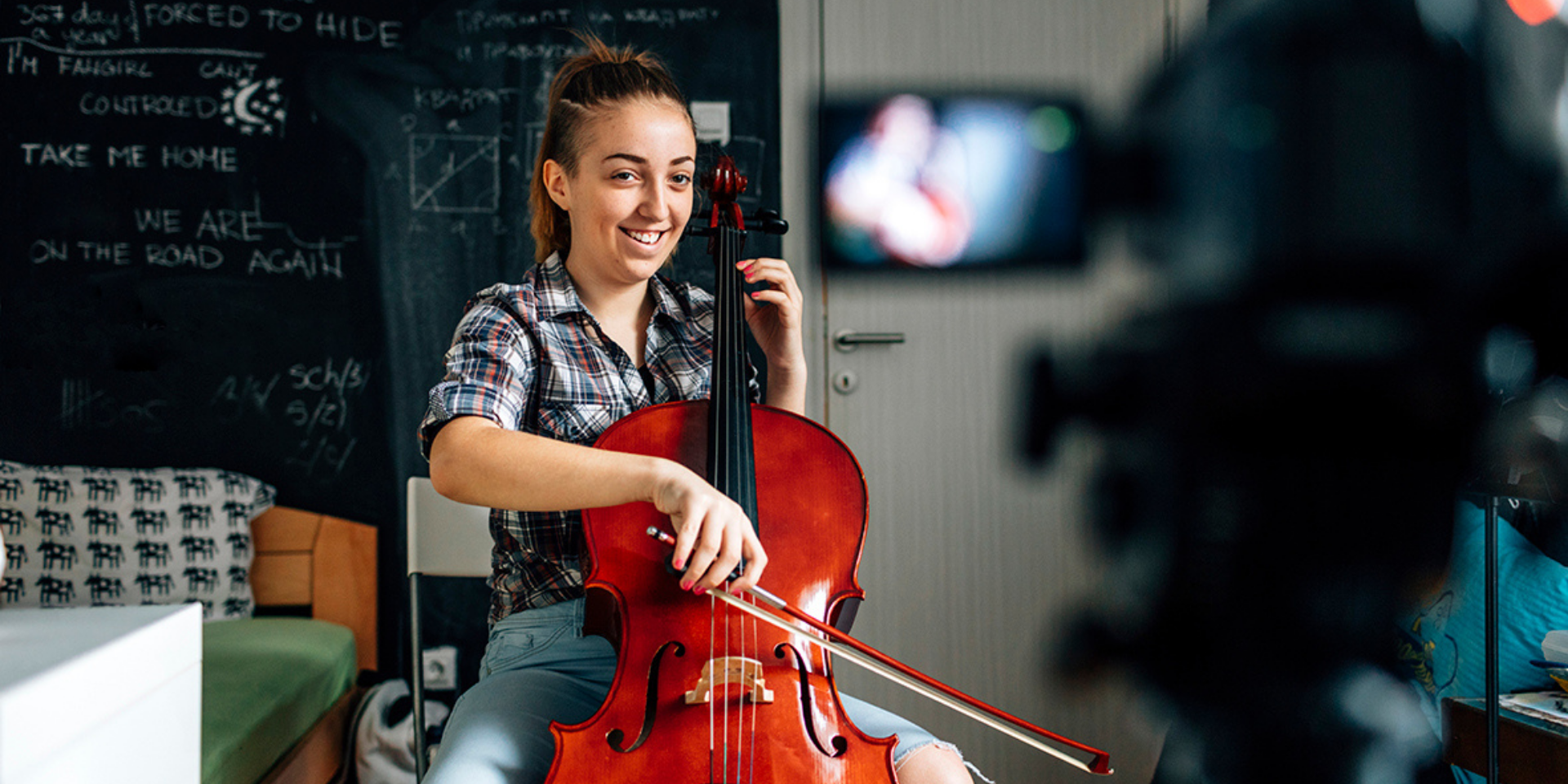
Preparing candidates for supporting tests: advice from Trinity's examiners

BY: Jean McCreery
04 September 2017
As the total number of marks are more heavily weighted towards performance, it can be tempting to leave preparation for supporting tests until the last minute and focus solely on performance. But feeling confident in the content for the supporting tests is, in itself, excellent preparation for the performance pieces.
Taking a more holistic approach to preparing candidates for their Trinity exam will help you to develop the whole musician, and will have a positive impact on their overall marks. Over the past months we’ve published interviews with many Trinity examiners on our international music blog. Below we distil their top tips for success.
Play to your strengths
Of course, while all of the skills tested in the supporting tests are relevant to developing the whole musician, each candidate has different areas of strength, and it makes sense to play to these.
As Trinity examiner Steven Maxson says:
'The most important piece of advice I could give would be to choose the best supporting tests for you. There is always a choice of tests, all of which assess important musical skills. You don’t have to choose the same tests as all of your friends!'
Fellow examiner Malcolm Godsman agrees:
'Don’t have the mindset of thinking some are easier than others, as they all require relevant preparation and skill.'
Use the supporting tests as a springboard for learning your pieces
Teaching new performance pieces presents an excellent opportunity to develop your candidates' musical knowledge. Examiner Peter Crompton says:
'Learn about the ‘Musical Knowledge’ aspect of a piece right from the start. Understanding about keys, time signatures, finding scale or arpeggio shapes, or certain intervals, etc. All this helps you to learn the music faster and you will understand it better.'
Anne Clark has some excellent tips on how to prepare for the supporting tests as you learn your pieces:
'Sight-reading is needed first to learn your piece; make sure you know what all the terms and signs mean (i.e. musical knowledge) and use improvisation to make up exercises to practise difficult areas. Try to incorporate the aural tests as well – identify intervals, key changes, modulations etc. Your teacher could even deliberately make mistakes in playing the piece for you to identify.'
Find opportunities to develop listening skills outside lessons
Regular practice is key when it comes to developing your candidates’ aural skills. And, if you only have one lesson a week, it can be a challenge to fit everything in. The good news is that candidates can practice this skill outside lessons.
Richard Deering explains how:
'The preparation for the Aural Tests can be done away from the music lesson because Trinity’s brilliant tests are perception-based and not reliant upon memory. I would advocate listening to everything around you, and always be thinking what the time-signature is of everything you hear on TV or in a shopping mall; is it major or minor, legato or staccato, and so on.
As musicians, our job is to be acutely aware of sounds around us, more so than the average person, so these tests are merely testing that perception and need to be treated as a means of making us interesting in an age where many people just do not listen!'
How do you prepare candidates for the supporting tests?
Do you agree with the advice from our examiners? Do you have more tips that you'd like to share with the music teaching community? We would love to share your advice in a future blog post. Leave your tips for supporting test success in the comments section below. In-depth articles with each of the examiners mentioned in this blog post are available to read on Trinity's international music blog.




Comments & Replies